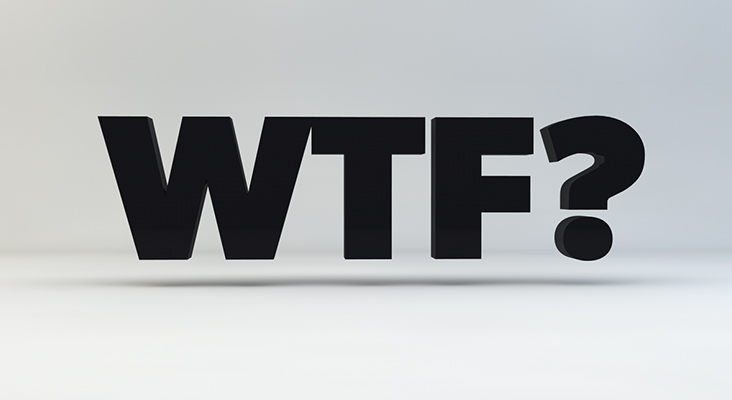Secure your place at the Digiday Publishing Summit in Vail, March 23-25

This article is a WTF explainer, in which we break down media and marketing’s most confusing terms. More from the series →
Real-time bidding has changed the face of online advertising, but there’s still confusion around what it actually is. Here’s a primer, in plain English:
Everyone’s talking about real-time bidding. What is it?
Real-time bidding refers to the buying and selling of online ad impressions through real-time auctions that occur in the time it takes a webpage to load. Those auctions are often facilitated by ad exchanges or supply-side platforms.
OK. So how does it work?
As an ad impression loads in a user’s Web browser, information about the page it is on and the user viewing it is passed to an ad exchange, which auctions it off to the advertiser willing to pay the highest price for it. The winning bidder’s ad is then loaded into the webpage nearly instantly; the whole process takes just milliseconds to complete. Advertisers typically use demand-side platforms to help them decide which ad impressions to purchase and how much to bid on them based on a variety of factors, such as the sites they appear on and the previous behavior of the users loading them. Zappos might recognize that a user has previously been on its site looking at a specific pair of shoes, for example, and therefore may be prepared to pay more than Amazon or Best Buy to serve ads to him. The price of impressions is determined in real time based on what buyers are willing to pay, hence the name “real-time bidding.”
Why does it matter?
Historically, advertisers used websites as a proxy for their ads. If they wanted to reach sports fans, they would buy ads on a sports-related site, for example. The advent of RTB has enabled them to target their ads to specific users instead, per the Zappos example above.
RTB is the same as programmatic advertising, right?
Wrong. RTB is a type of programmatic advertising, but not all programmatic advertising uses RTB. Some “programmatic” or technology-driven ad platforms let publishers sell their inventory in advance for a fixed price, as opposed to auctioning it off. This is sometimes referred to as programmatic direct or programmatic guaranteed.
Why is real-time bidding good for advertisers?
Efficiency. Thanks to real-time bidding, ad buyers no longer need to work directly with publishers or ad networks to negotiate ad prices and to traffic ads. Using exchanges and other ad tech, they can access a huge range of inventory across a wide range of sites and cherry-pick only the impressions they deem most valuable to them. That cuts down the number of impressions wasted on the wrong users but also minimizes the need for costly and unreliable human ad buyers.
I’ve heard RTB is screwing publishers. Is that true?
Some major publishers are wary of RTB because they feel it enables advertisers to pay them less for their inventory. Increasingly, however, they’re becoming more comfortable with it as exchanges and supply-side platforms enable them to control the minimum prices at which their inventory is sold, often called price floors. This enables publishers to open their ads up to an auction, but to set a reserve price that must be met in order for a transaction to take place.
Download Digiday’s complete WTF Programmatic guide, including 11 explainers detailing the ins and outs of programmatic advertising.
More in Media

Media Briefing: As AI search grows, a cottage industry of GEO vendors is booming
A wave of new GEO vendors promises improving visibility in AI-generated search, though some question how effective the services really are.

‘Not a big part of the work’: Meta’s LLM bet has yet to touch its core ads business
Meta knows LLMs could transform its ads business. Getting there is another matter.

How creator talent agencies are evolving into multi-platform operators
The legacy agency model is being re-built from the ground up to better serve the maturing creator economy – here’s what that looks like.






